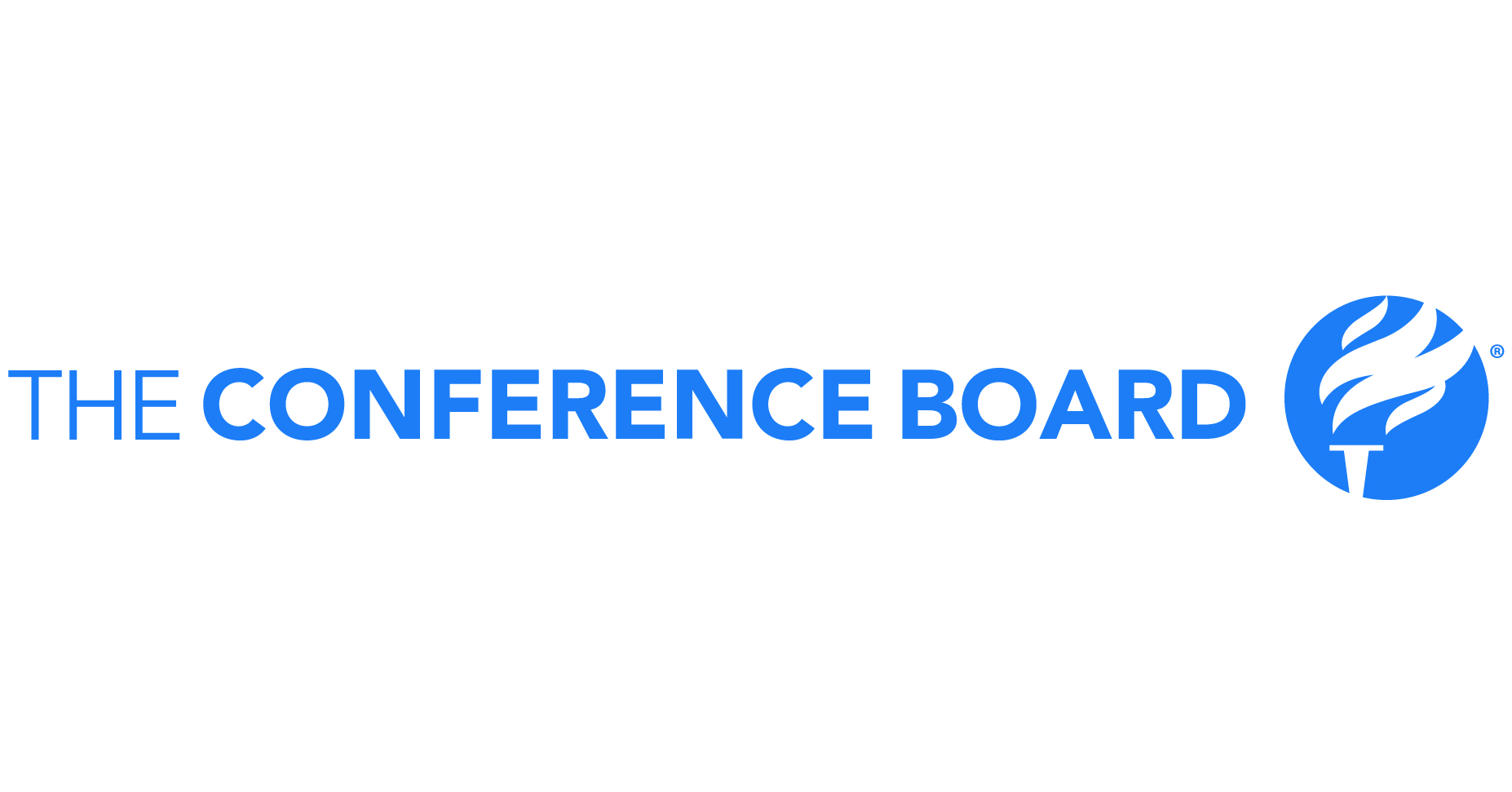
In July 2024, US consumer confidence showed mixed signs of improvement, with some consumers expressing optimism about the future while others remained concerned about current economic conditions. According to various reports and surveys, including Gallup's Economic Confidence Index and The Conference Board Consumer Confidence Index, there were several key findings.
Firstly, despite a slight increase in overall consumer confidence, Americans expressed less positivity regarding current labor and business conditions. This could potentially be attributed to smaller monthly job additions or lingering concerns about inflation and interest rates. Additionally, consumers planned to spend less on discretionary services over the next six months due to economic uncertainty.
Gallup's Economic Confidence Index registered -35 in July, which was stable compared with the past two months. During President Joe Biden's term, confidence has slumped to as low as -58 in June 2022 amid soaring inflation. The Conference Board Consumer Confidence Index rose modestly to 100.3 from a revised 97.8 in June.
Lower-income consumers spend a significant portion of their income on basic needs, making them more vulnerable to economic fluctuations and price increases. Roughly two-thirds of consumers live paycheck to paycheck, and nearly one in four have issues paying monthly bills. These factors contribute to the overall economic uncertainty that is impacting consumer confidence.
Inflation remains a major concern for many Americans, with elevated prices for food and groceries being a significant driver of this concern. Though inflation has come down considerably since the Federal Reserve started boosting interest rates in March 2022, price increases remain well above pre-pandemic levels.
The unemployment rate ticked up to 4.1% in June, which is the highest rate since November 2021. Despite this increase, employers added another 206,000 jobs last month. The number of consumers predicting a recession inched up this month but is still well below its 2023 peak.
Consumer spending accounts for nearly 70% of U.S. economic activity and is closely watched by economists for signs of how the American consumer is feeling.
In conclusion, while there were some positive signs in July regarding US consumer confidence, overall sentiment remained mixed due to concerns about inflation, interest rates, and labor market conditions.

